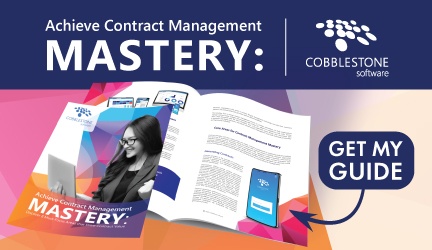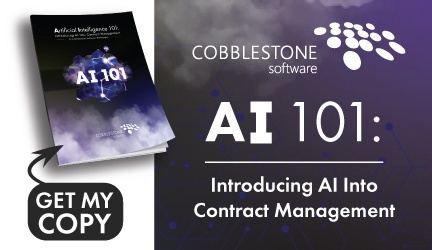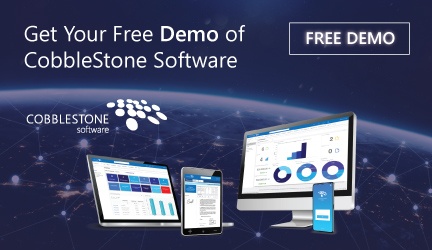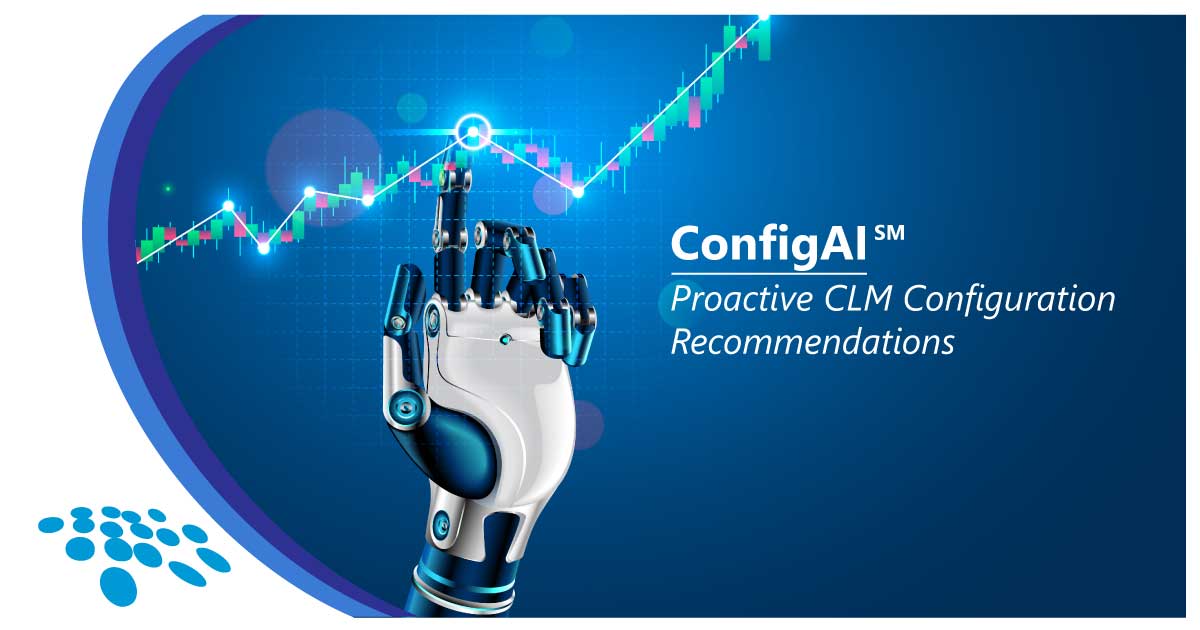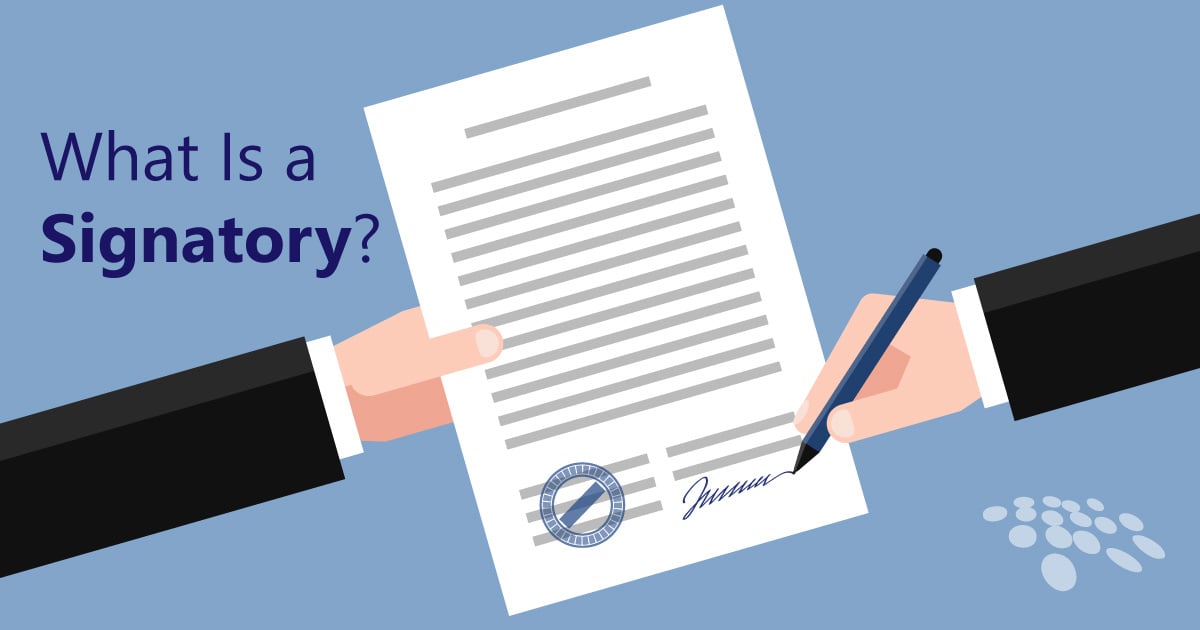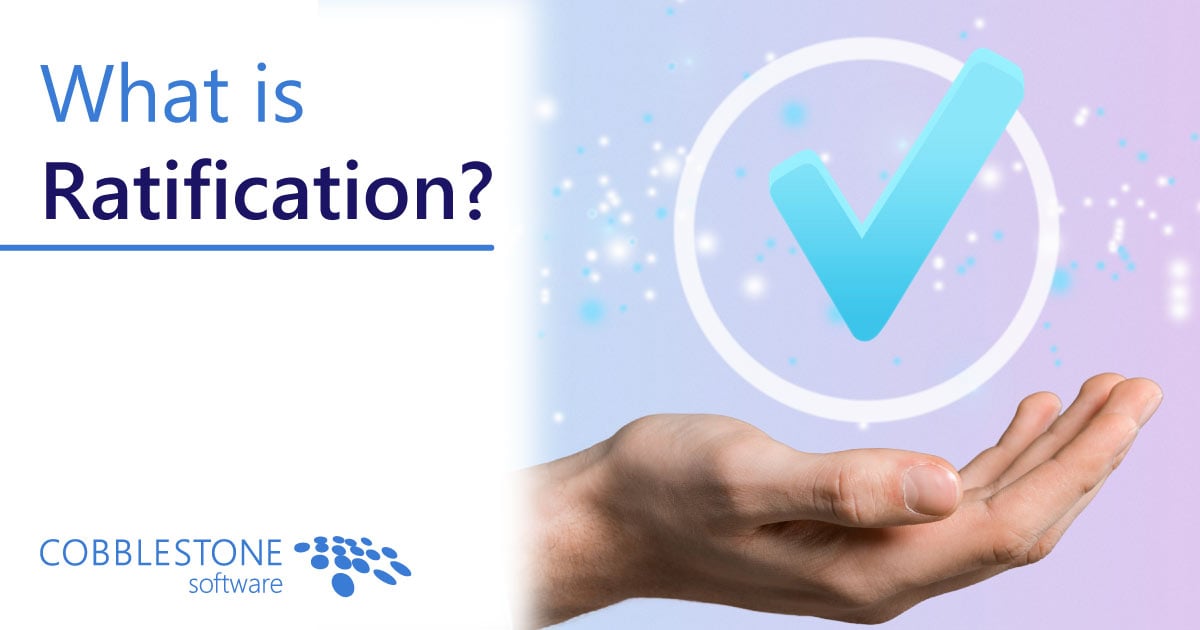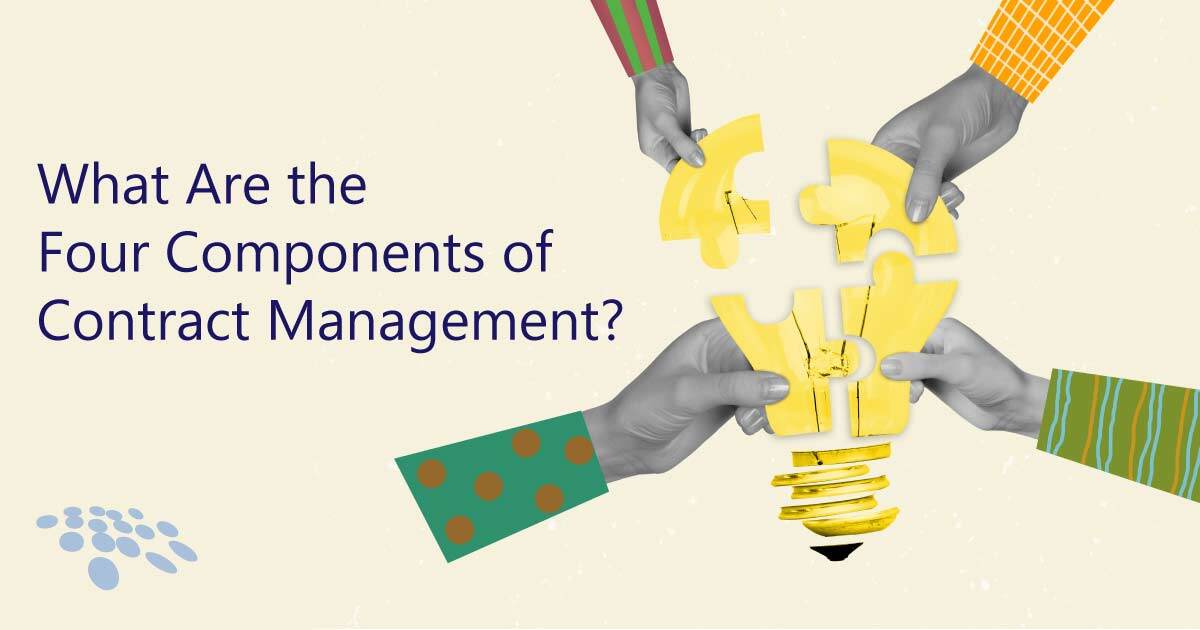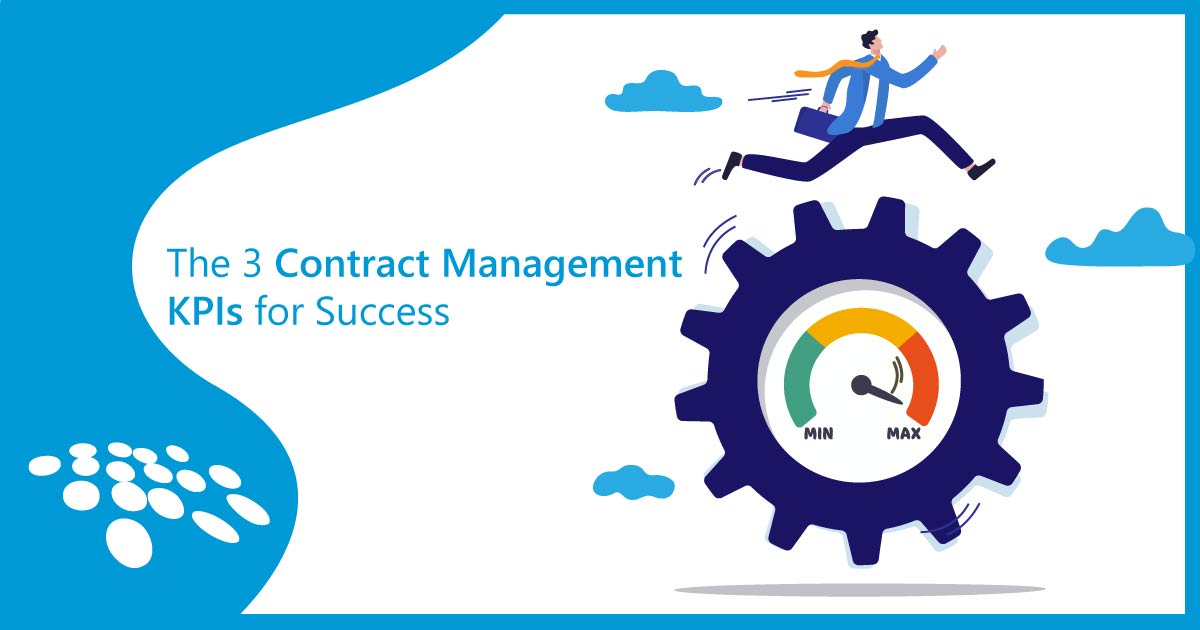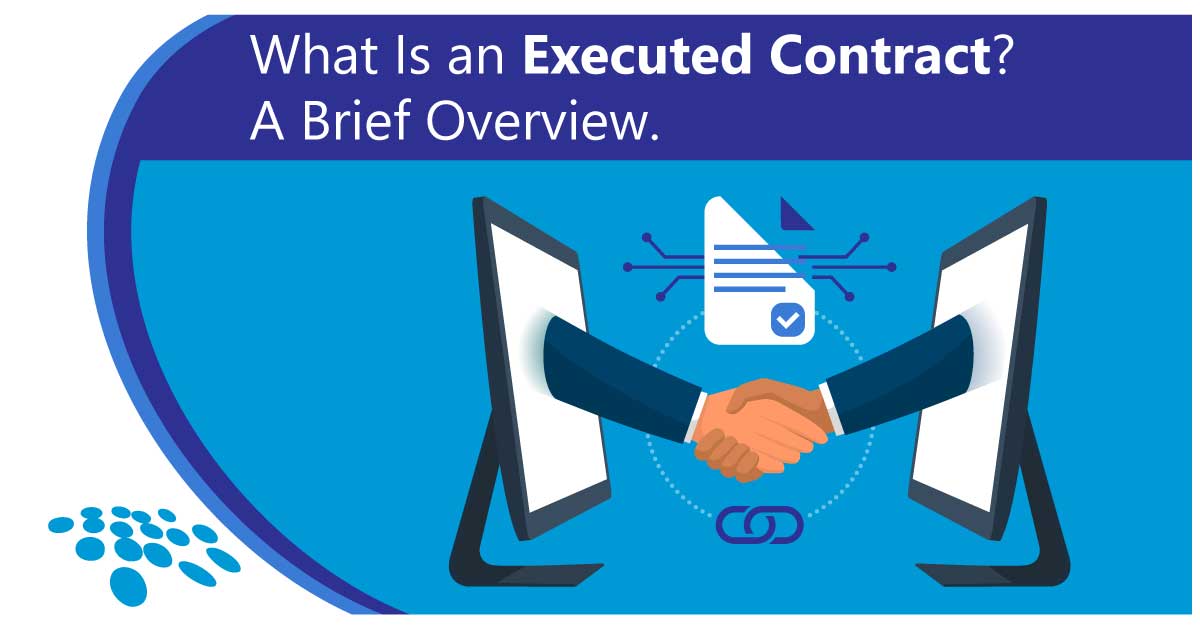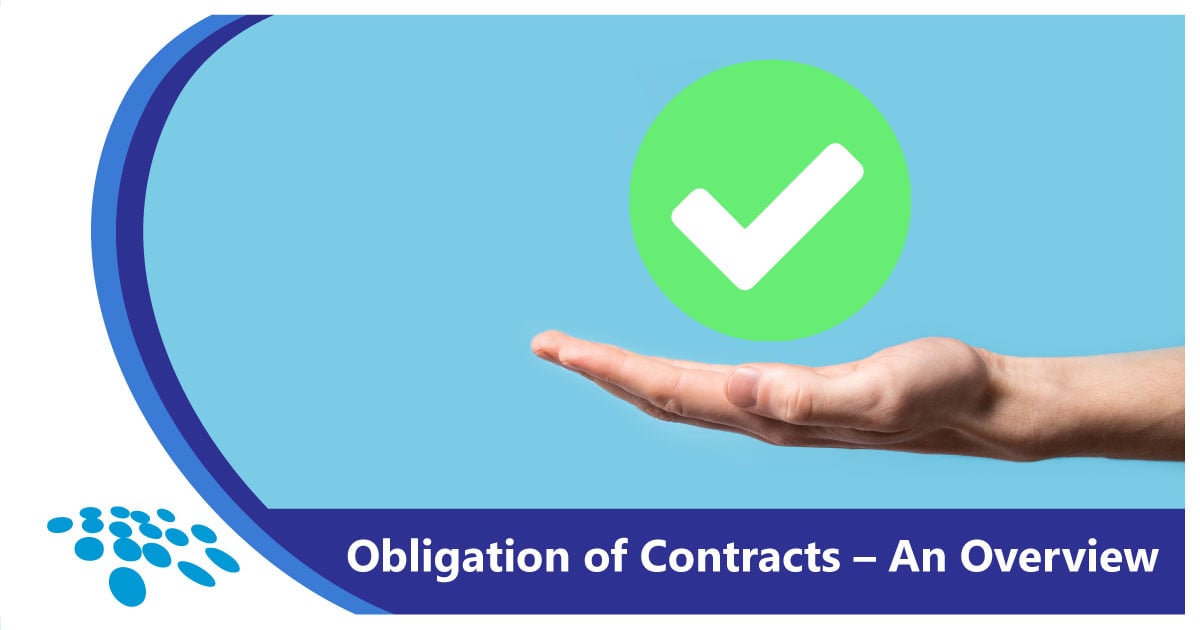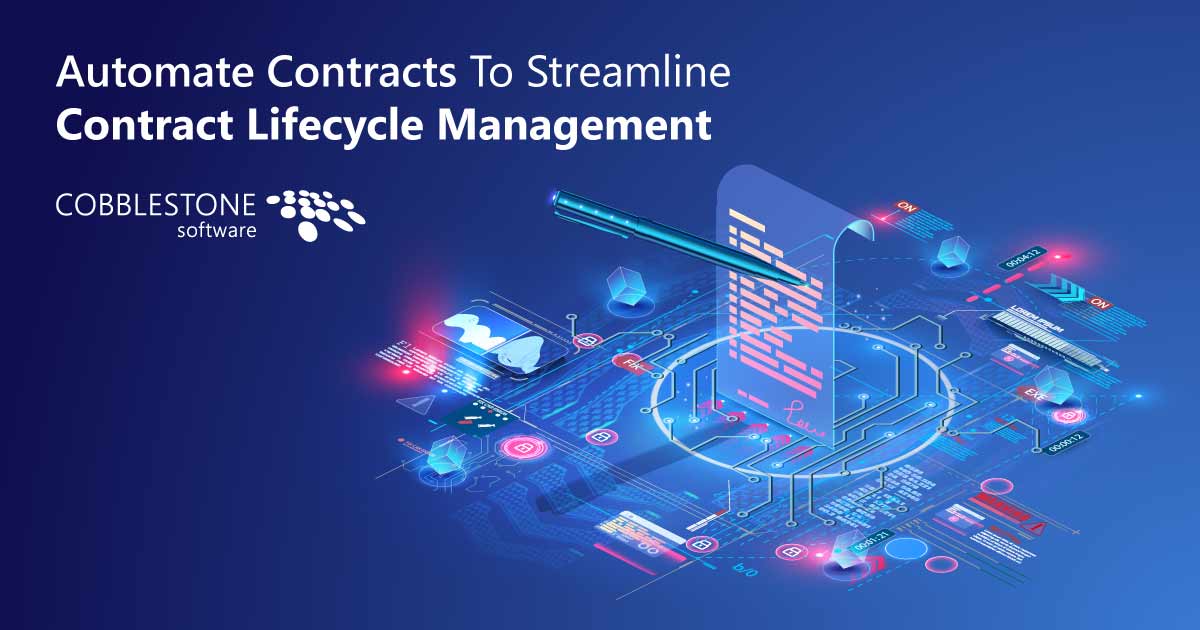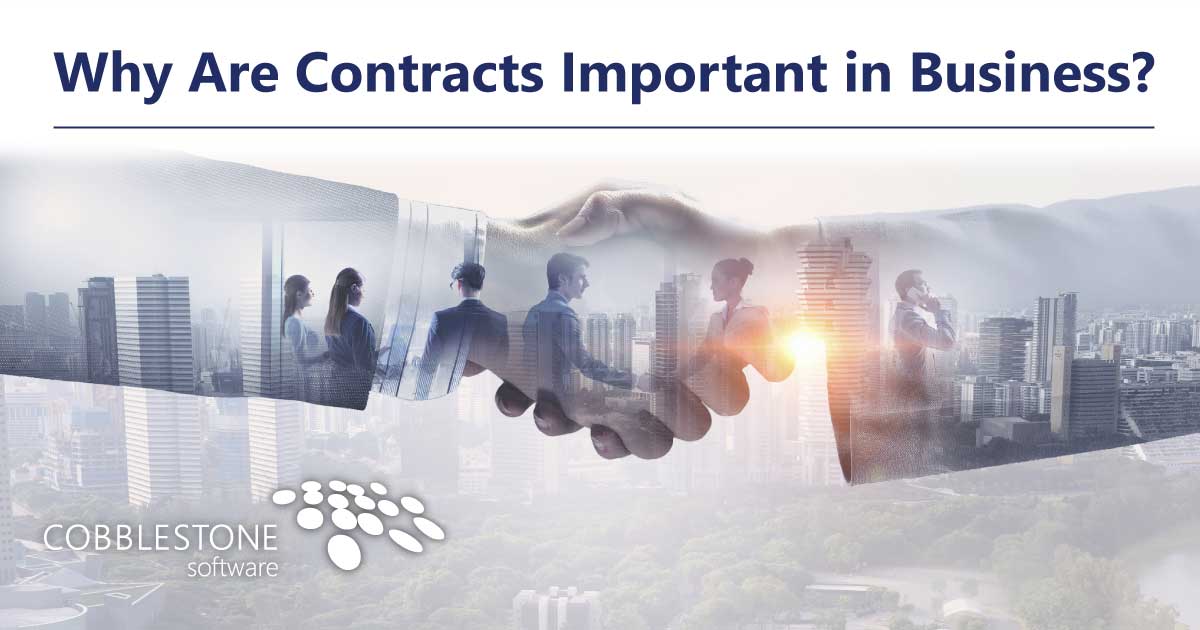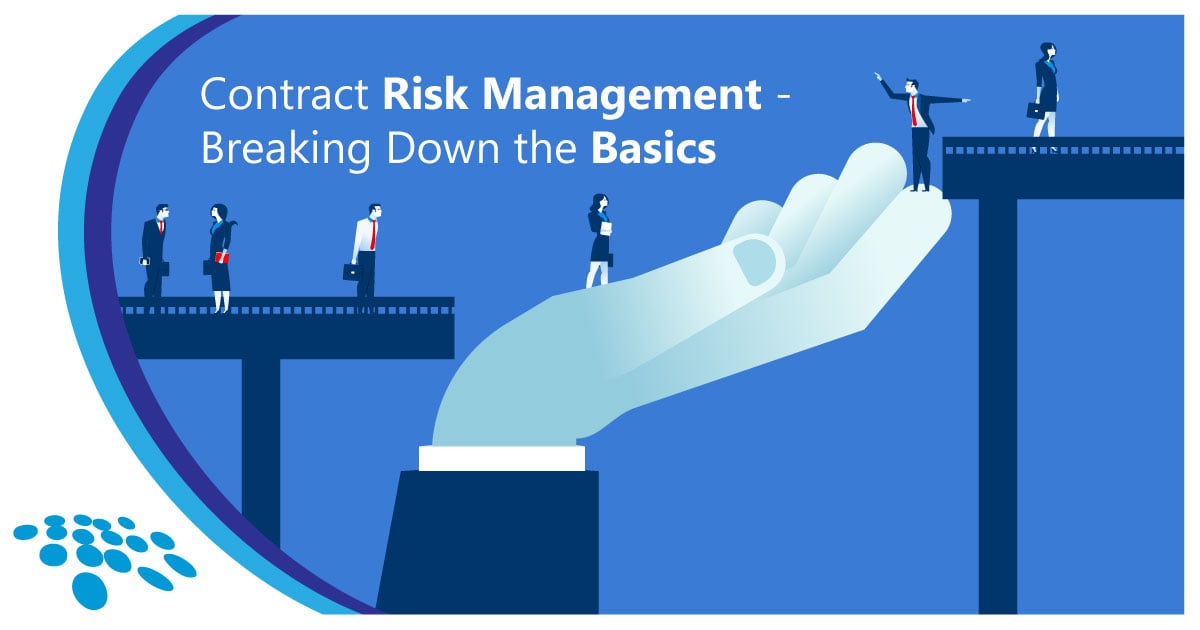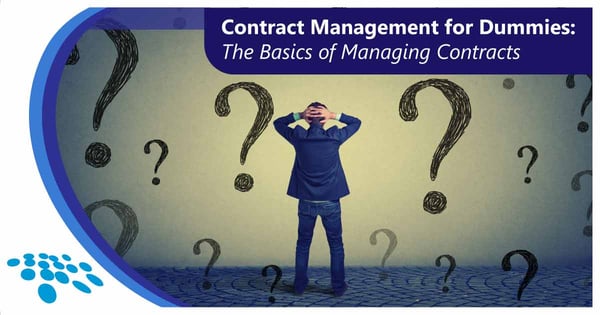
Readers: don't worry; we don't really think you are dummies. We merely intend to guide you along the right path if you are new to contract lifecycle management or want to learn more.
The process of managing contracts can be challenging for even the most seasoned business professional. Even well-intentioned and well-thought-out contract processes can fall flat. Sadly, your organization can incur operational and financial risk without an ironclad strategy in place.
We are here to give you tips on how to work smarter and not harder when you deal with contracts. As such, let's go over the basics of managing contracts more efficiently and effectively!
1. Business Relationships - Capture the Important Details
Before going deeper into the contract process, it is important to take a step back. It might sound silly. However, just taking a second to clarify the purpose of a business relationship can help set the stage for a win-win outcome.
Some questions to consider include:
- What will my organization gain from this business relationship and subsequent contract?
- What is the purpose of the contract and what are the goals?
- What are the financial ramifications of the contract? How will it affect my organization's budget?
- Which employee resources within the contract need to be looped in?
Thankfully, it can be easy to successfully and centrally address these crucial questions. They do not need to be abstract considerations. Rather, you can uniformly capture the answers to these queries as contract request metadata fields. These fields can include easy options (such as dropdown fields, for example).
With the right contract management system in place, you can adjust the metadata fields to capture according to your needs. However, we recommend grabbing the following business relationship items to start preparing for an agreement.
- the type of contract or agreement that will likely be required (e.g. NDA, MSA, consulting agreement, software agreement, confidentiality agreement, etc.).
- the employee requesting an agreement (for tracking and accountability purposes).
- the details of the prospective agreement counterparty (such as company name, contact information, etc.)
- the nature of the request (as a flexible, text-based field for notes and comments to spell out basics and expectations).
- the department or business unit assigned to handle a given agreement.
- a review group that will be assigned to a contract to ensure appropriate authority and use of resources.
2. Contract Creation - You Don't Need to Wing It!
Even assuming that you are a gifted writer - the contract creation process leaves ample room for error.
Even spelling a counterparty's name incorrectly or inputting an improper address can nullify a contract. Inadvertently drafting a confidentiality clause with a period of "1" year instead of "10" can result in the exposure of certain information way earlier than you expected. Have you ever tapped an extra "0" when entering a large number? That could be a nightmare for your accounting department. Did you desire contract renewal but forgot to add a section? Then you might miss out on a fruitful continued business relationship! These are lots of items. There is a high chance you and even your legal team can miss at least one of them.
It doesn't have to be this way. Work smarter - not harder.
Simply making the decision to begin utilizing legal technology can potentially uncomplicate every concern mentioned above. In fact, let's tackle these examples point by point with simple, straightforward solutions.
- Want to ensure that your counterparty information is correct? You can automate the capturing of crucial counterparty details. These specs include address and contact information, locations, insurance certificates, product service codes, and almost infinitely more.
- Want to make sure you have the correct confidentiality specifics and language? Merge your agreement with a standard confidentiality clause within your secure contract clause library. With AI-based contract auto-redlining, you can make it so introduced contract documents automatically swap introduced contract terms and conditions and clauses with those in your preferred library as redlines. You can further solidify this confidentiality section with clause ownership - which will alert you if anyone tries to edit or mess with your clause!
- Want to avoid entering incorrect contract financials? A contract management software system can alert you if your contract amount approaches or goes over your configured budget limitations; you can also be alerted if your contract amount surpasses the average contract amount in your contract repository. You can leverage intelligent workflow automation to seamlessly route agreements for approval by your accounting department.
- Need your contract to be up for renewal? No problem. You can isolate a contract renewal metadata field. You can also configure automated reminders and calendar alerts for renewal dates and requirements. Electronic signature software can provide faster and more secure sign-offs for rapid renewal approval routing to foster continued business relationships.
3. Contract Analytics (Many Contract Managers Overlook This!)
Far too many contract managers forget about contract analytics and analysis to maximize efficiency, efficacy, risk oversight, and more. This fact is unfortunate - because tracking contract performance and contract management KPIs is the only way to sustain contracting success in the long term. Listen up; this advice can put you ahead of many others.
By measuring contract efficiency, you can gain actionable insights into mission-critical metrics such as:
- the average duration of the contract lifecycle from requests to renewal.
- customer and vendor trends.
- contract value and financial trends.
- time to meet milestones.
In measuring contract efficacy, you can acquire visibility regarding:
- trends in contract types.
- annual contract value.
- the remaining value of a terminated contract.
- variance in order value.
- and historical contract trends.
Embracing risk management can allow you to oversee key metrics such as:
- clause variance.
- agreements expiring without contract renewal.
- the number of missed obligations.
- electronic signature errors.
- contract lifecycle bottlenecks.
- task completion rates for employee accountability.
- dispute resolution rates.
With the right legal technology, you can even pinpoint contract risk in a modernized and visually engaging way. For example, you can leverage a risk assessment matrix.

The analytics mentioned above do not need to be complicated. The right contract management solutions serve as a one-stop shop to easily analyze these metrics at a glance. One does not need to be a CEO or decision-maker to analyze these metrics. Rather, the right solution makes it easy to take in and track these crucial details.
You Are No Dummy - Choose the Right Contract Management Solution!
You were never a dummy to begin with - but now you are informed about automating the process of contract management! You would be missing out if you ingested these simple tips and were left without a solution to act on them! As such, you should take the time to learn about the solution that allows you to do all that is mentioned above and WAY more. That solution is CobbleStone Contract Insight®.
CobbleStone® is award-winning contract management software that has been acclaimed by clients and third-party analysts alike. It offers all of the leading features to make contract management so easy that even a dummy could do it!
Quadrant Knowledge Solutions recognizes CobbleStone as a CLM Leader in the Spark MatrixTM Report - and it's clear to see why!
CobbleStone’s cloud-based CLM software serves as a single source of truth for contracts and more. Get started today by booking your free demo.
Stay up to date on best practices, industry news, and CobbleStone Software updates; subscribe to our blog and YouTube Channel.




